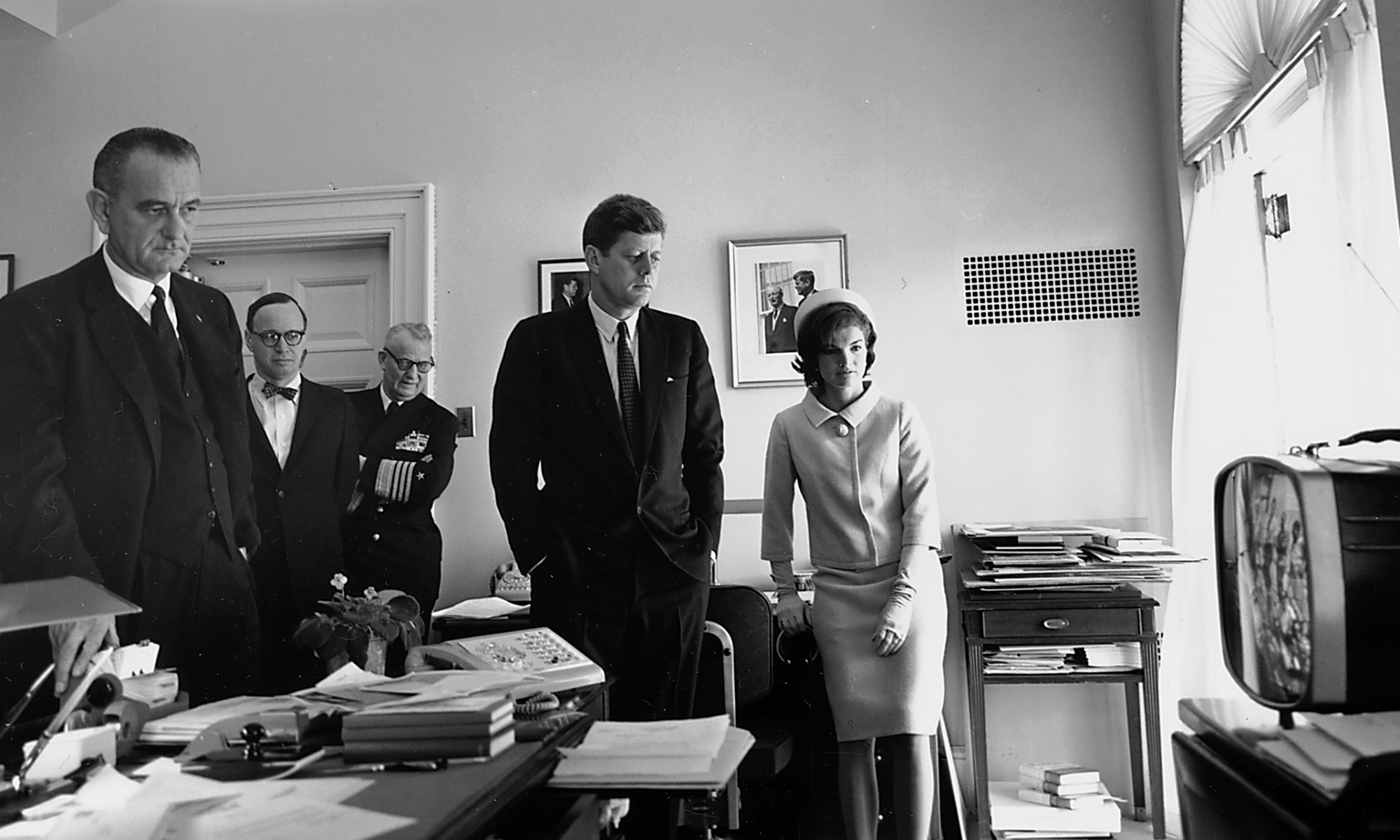Since the dawn of humankind, there has been a need for leadership. As humans evolved from small communities that traded goods, to corporations in the industrial revolution, through to the internet and creative era we now live in, the desire to define leadership has grown.
Countless leadership models and frameworks have evolved since the turn of the 20th century, many bringing timeless ideas that work regardless of context.
While this is not a complete list, this is a list of many different theories of leadership proving that all that we need to know about leadership has already been invented.
After all, fads and certifications will come and go, but great leadership is great leadership.
January 1, 1840 The great man theory is a 19th-century idea according to which history can be largely explained by the impact of great men, or heroes; highly influential individuals who, due…
January 1, 1939 Kurt Lewin worked with colleagues Lippett and White to pen the 1939 publication, Patterns of aggressive behavior in experimentally created social climates. In that work, Lewin…
January 1, 1948 Trait leadership is defined as integrated patterns of personal characteristics that reflect a range of individual differences and foster consistent leadereffectiveness across a variety of group and…
January 1, 1958 The ‘Taylorists’ believed there was one best style of leadership and that that style fit all situations. Fred Fiedler in various works came to believe…
January 1, 1967 Participative leadership, also known as Democratic Leadership Style, is a method of leadership that involves all team members in terms of identifying important goals as well as developing…
April 28, 2024 Robert Greenleaf (1970 and 1977) published a set of essays proposing a new type of leadership focused on the follower. That leadership type is servant…
January 1, 1975 Situational leadership is a leadership style that has been developed and studied by Kenneth Blanchard and Paul Hersey.Situational leadership refers to when the leader or manager of an organization must adjust…
January 1, 1976 Charismatic authority involves a type of organization or a type of leadership in which authority derives from the charisma of the leader. This stands in contrast to two other types of authority: legal authority and traditional authority….
January 1, 1995 The framework begins with four key leadership capabilities: Sensemaking, Relating, Visioning, and Inventing. Added to these capabilities is the notion of a change “signature” —…
January 1, 2008 Authentic leadership is an approach to leadership that emphasizes building the leader’s legitimacy through honest relationships with followers which value their input and are built on an ethical…
November 6, 2009 Can anyone be a leader? Can anyone manage a team? We believe management is not only the manager’s responsibility. It’s everyone’s job! Leadership pursues the goal…
1840’s – Thomas Carlyle
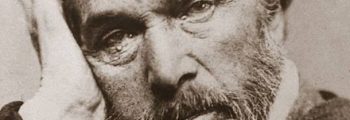
1939 – Lewin’s Leadership Styles
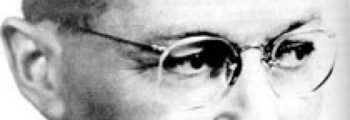
1948 – Trait Leadership (Stogdill)
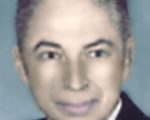
1958 – Contingency Theory of Leadership

1967 – Participative Leadership Theory (Likert)

1970 – Servant Leadership (Greenleaf)

1975 – Situational Leadership (Blanchard)

1976 – Charismatic Authority
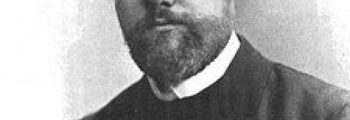
1995 – MIT’s 4-CAPS Leadership (Ancona)

2008 – Authentic Leadership (Avolio)

2009 – Management 3.0 (Appelo)

This list is inspired by Eric Coggins’ article that can be found here.
